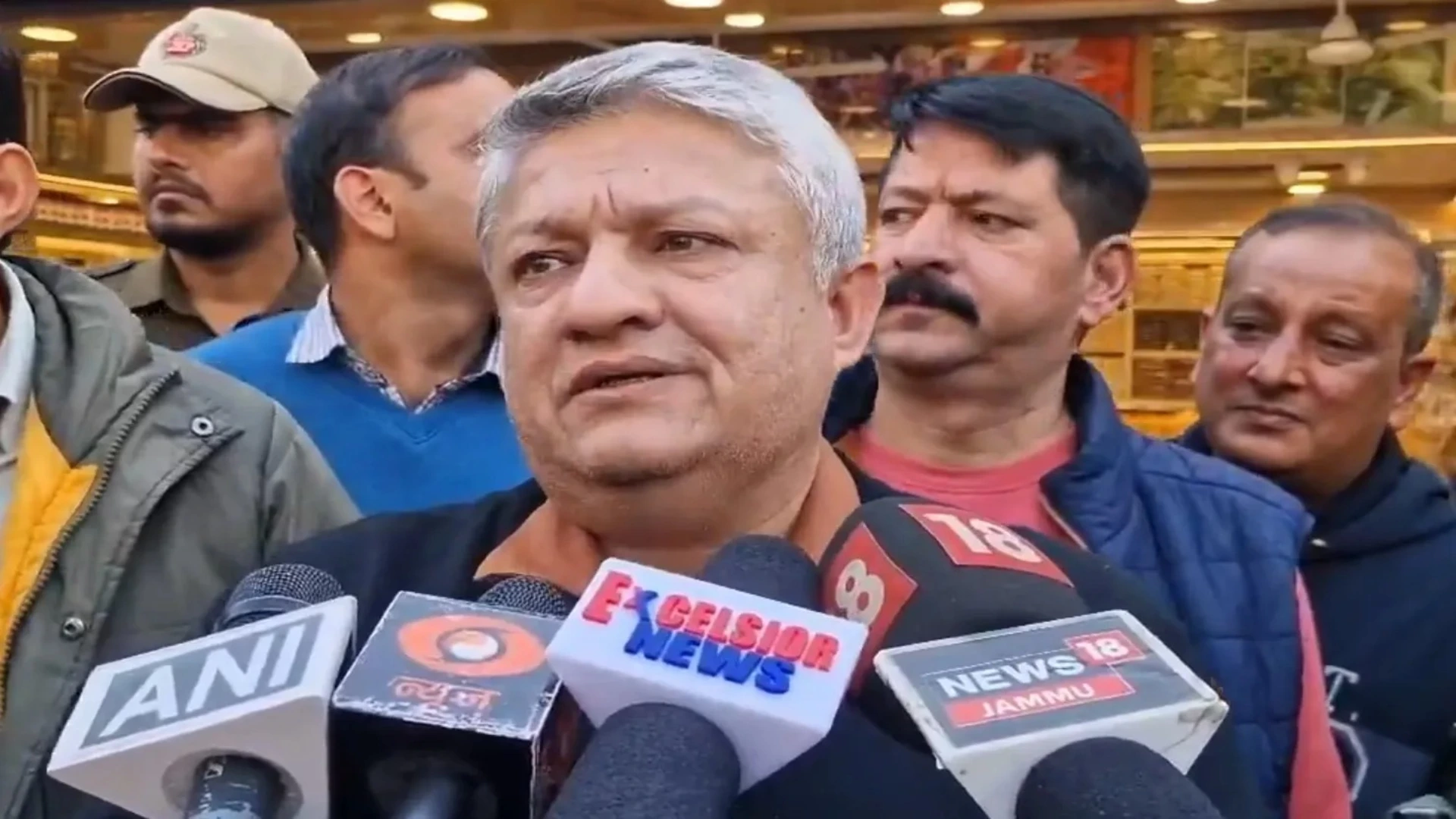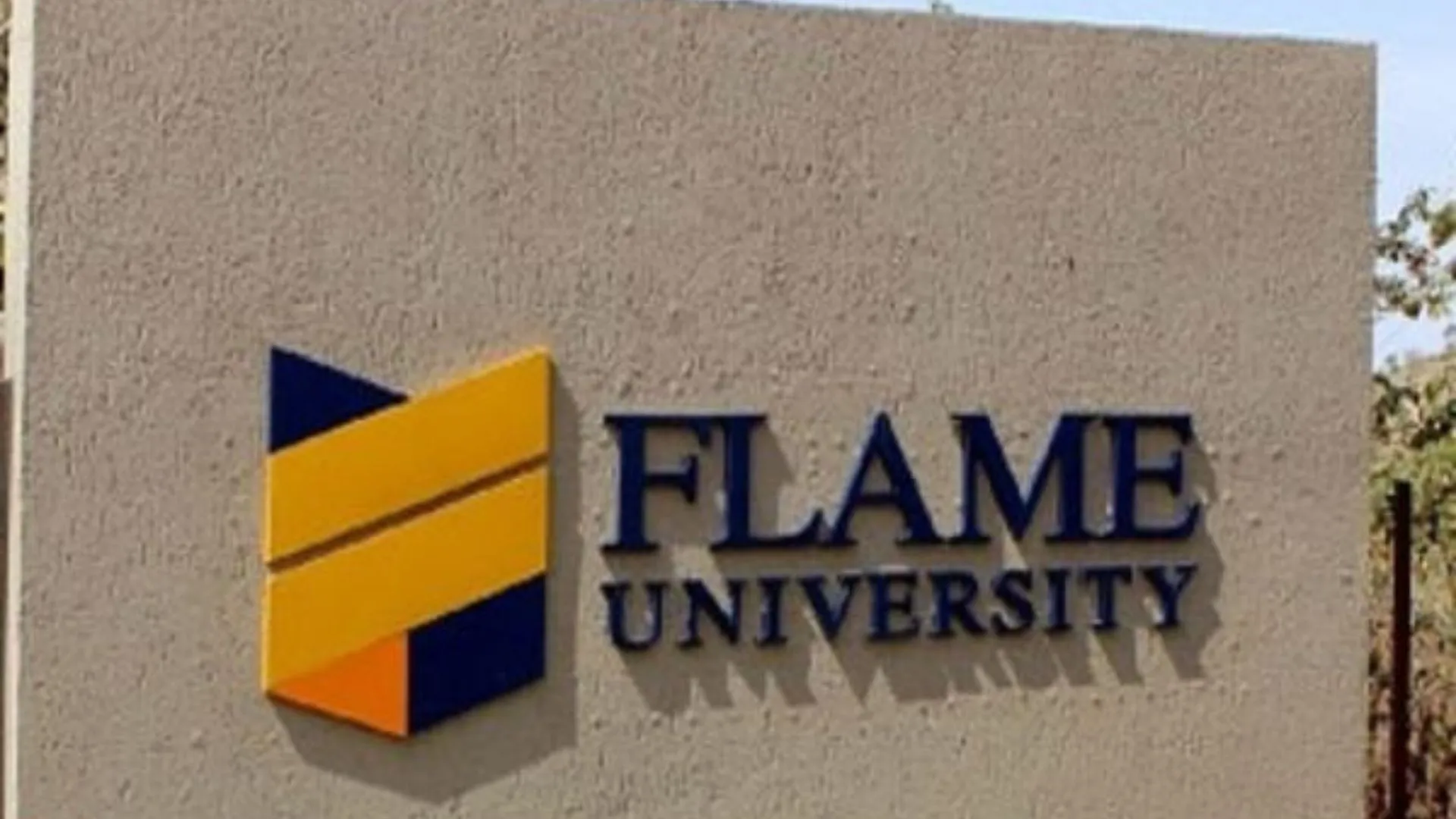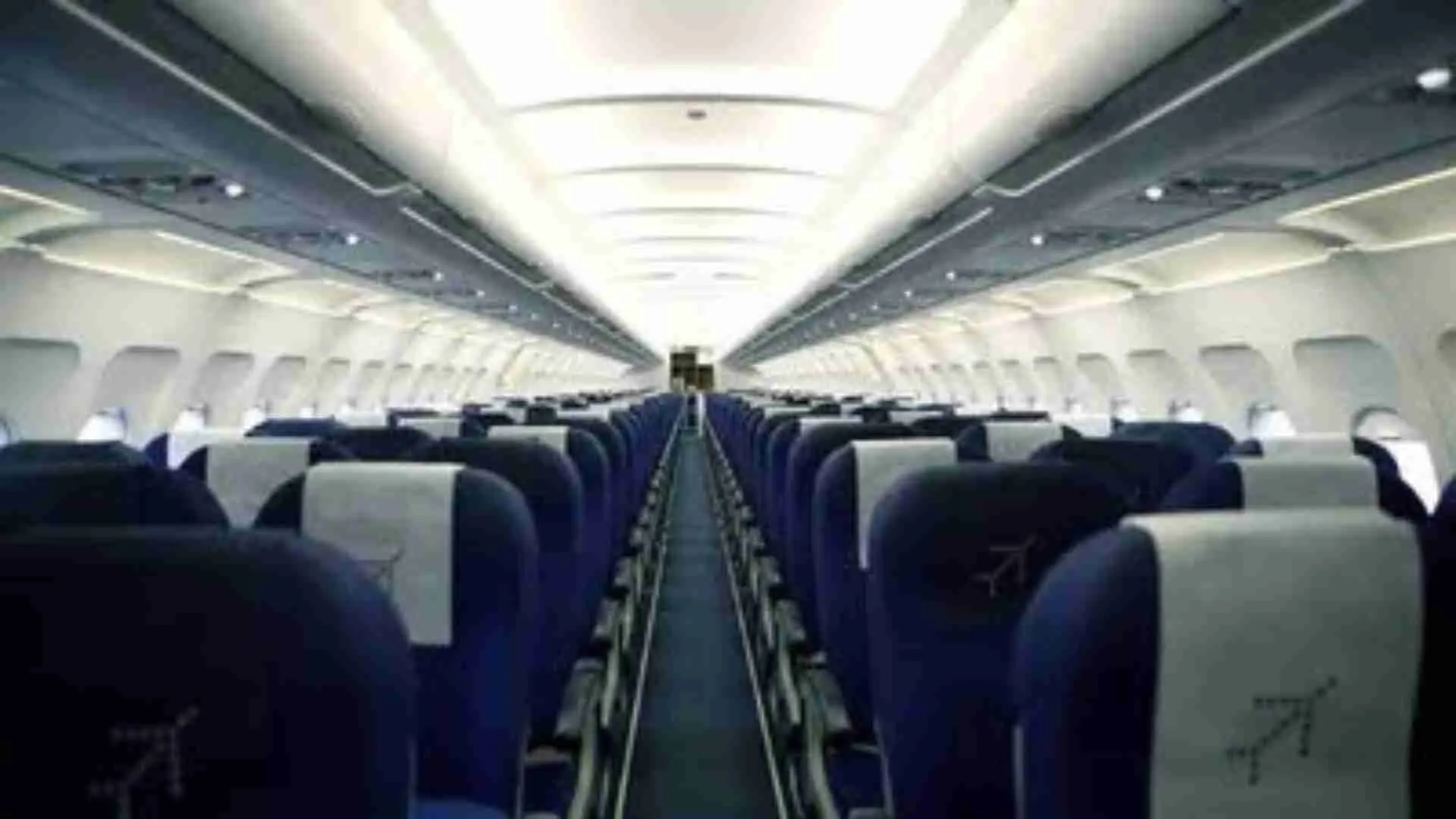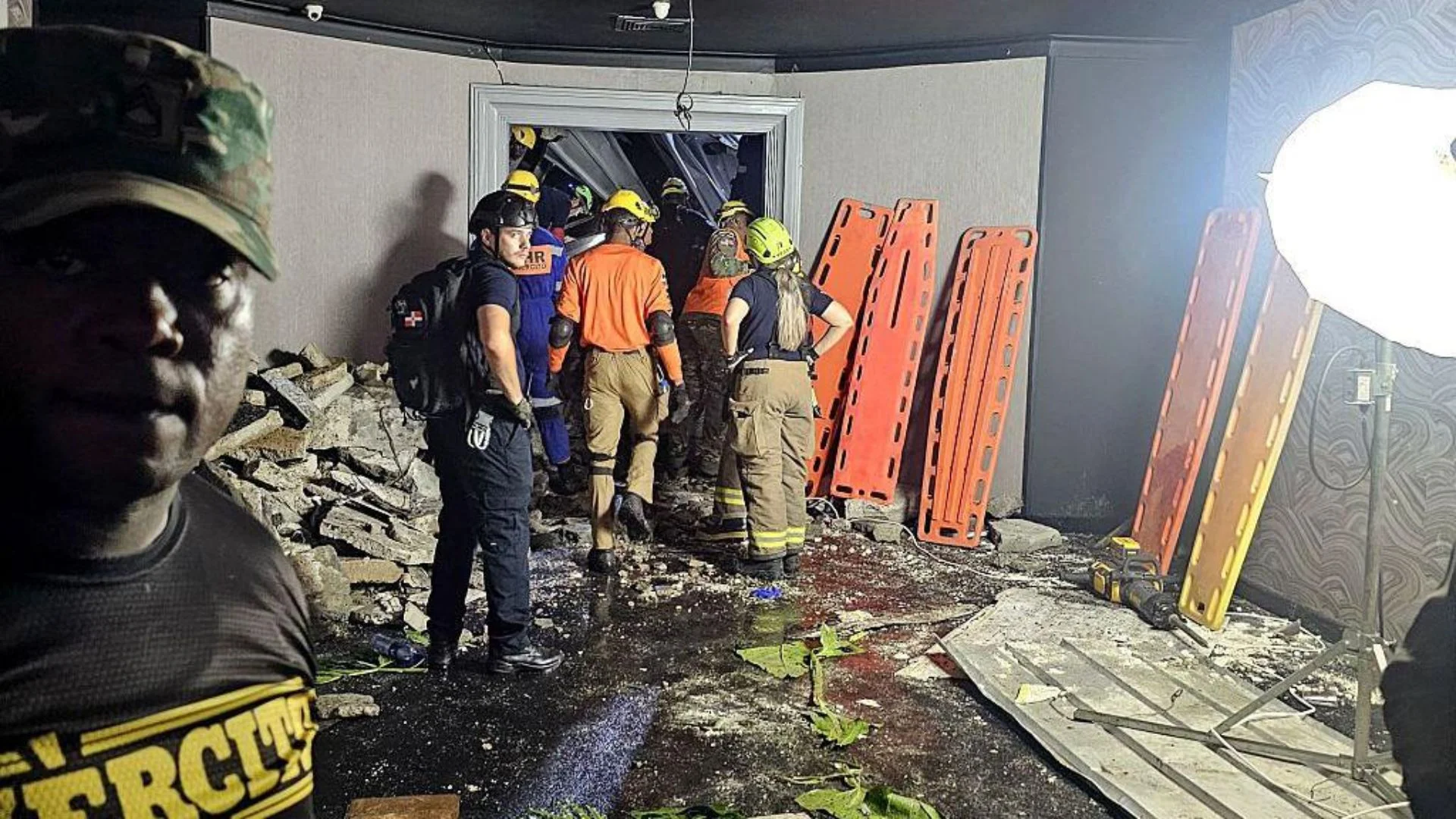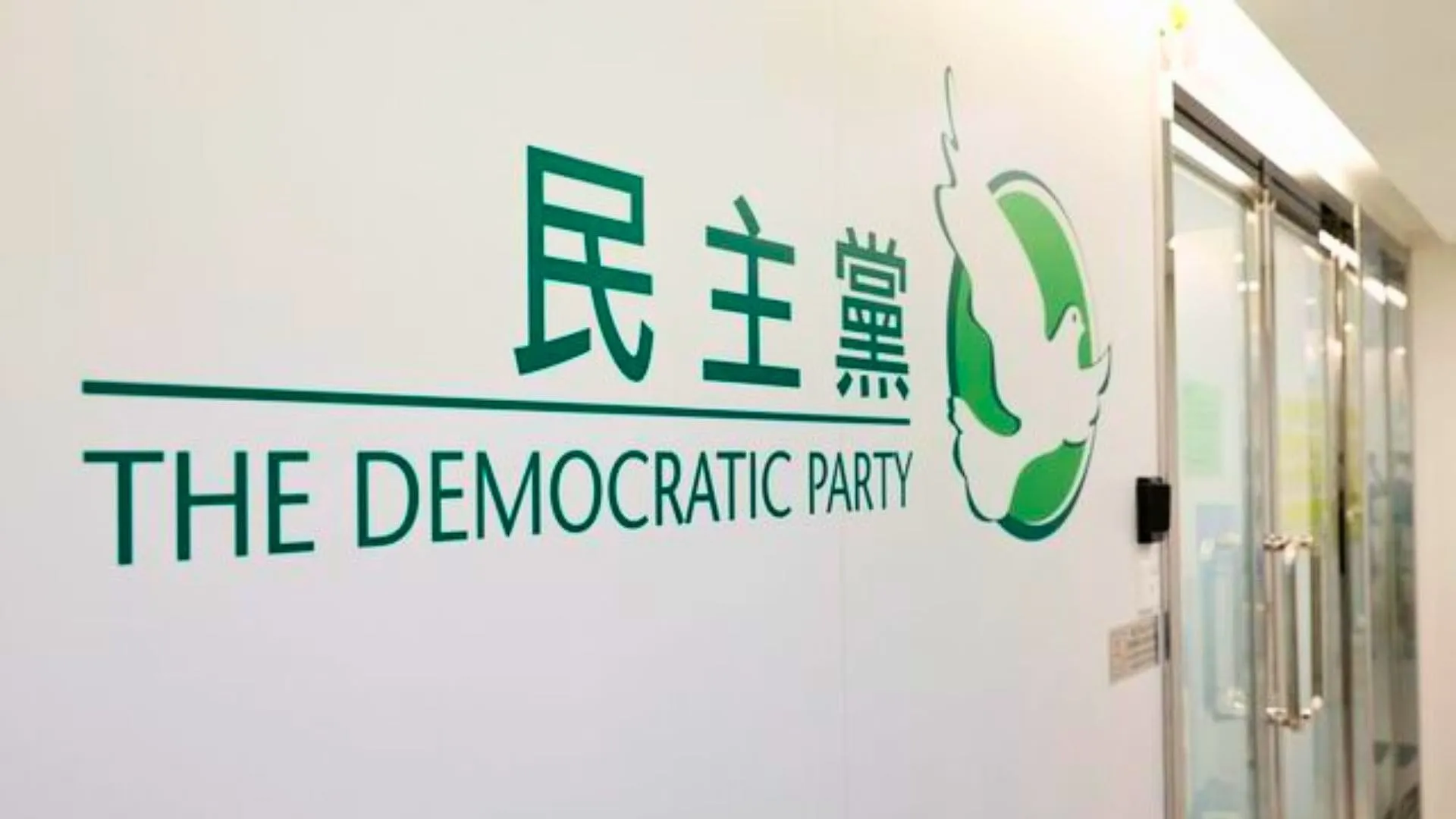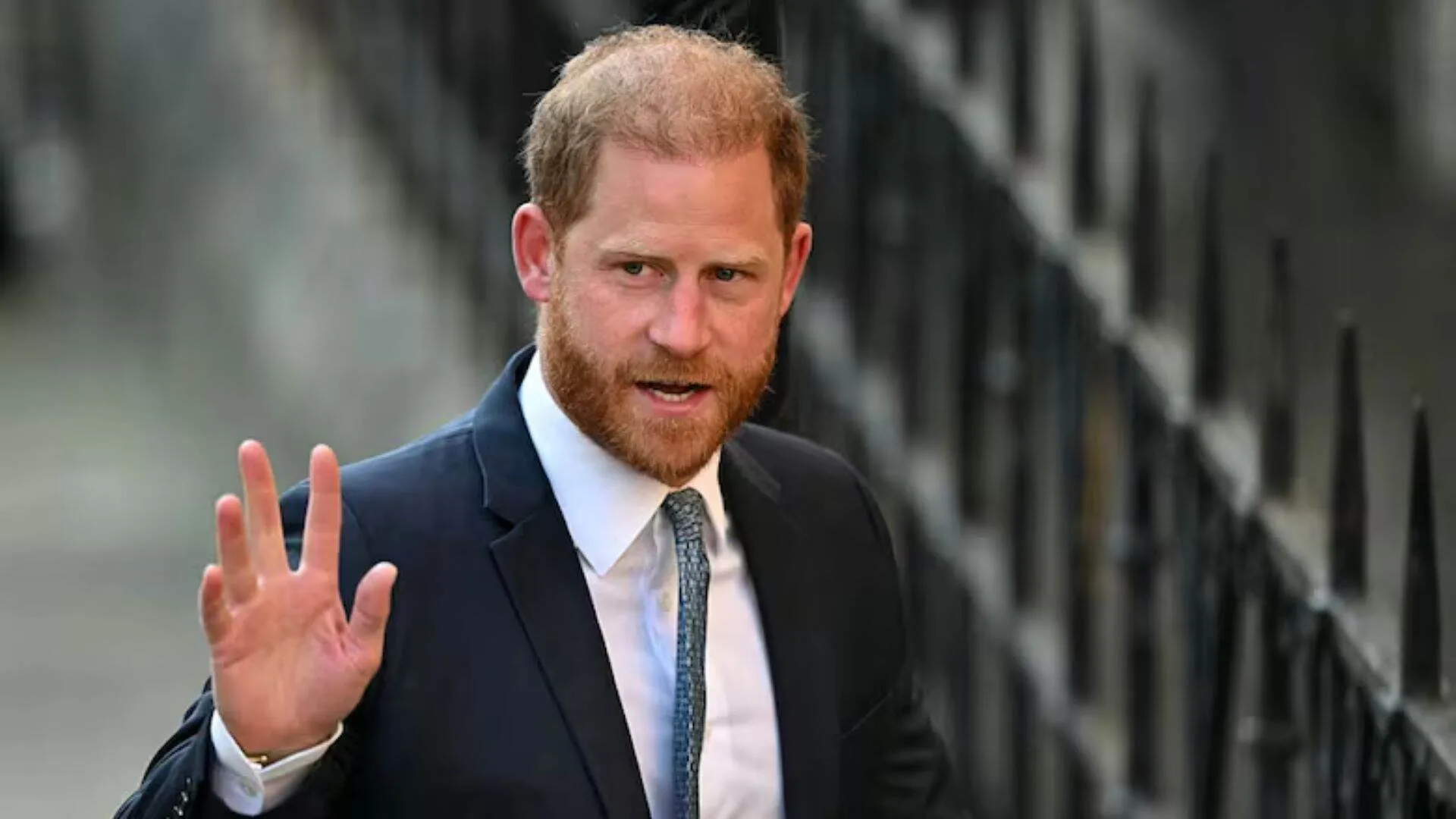Protests against the proposed ropeway project along the Vaishno Devi trek route were called off on Monday after authorities assured locals of finding a “mutually acceptable” solution. The demonstrations, spearheaded by shopkeepers and laborers concerned about their livelihoods, had escalated into clashes with police at Katra base camp in Jammu and Kashmir’s Reasi district.
The unrest drew swift intervention from the administration, with Deputy Commissioner Reasi Vishesh Mahajan and senior civil and police officials reaching the site to engage with the aggrieved parties. Addressing the media after the discussions, Mahajan emphasized the administration’s commitment to balancing development with local concerns.
“We have spoken to the protesters and listened to their demands. They have dispersed peacefully, and we assured them that any work on the project will only proceed after consulting all stakeholders,” Mahajan said. He expressed confidence that the ongoing pilgrimage to the Vaishno Devi shrine would not face disruptions, adding, “I trust the brothers I’ve spoken to will honor their word, and together, we’ll find a solution that satisfies everyone.”
The ropeway project, envisioned to enhance the pilgrimage experience, has faced resistance from sections of the local community fearing it could disrupt traditional businesses. Authorities have now committed to deeper engagement with the stakeholders, assuring them that their concerns will be addressed before moving forward.
Also read: J&K: Katra Locals Protest Vaishno Devi Ropeway| Video
The administration’s efforts reflect a balancing act between advancing infrastructure and preserving the livelihoods tied to one of the region’s most sacred and economically significant pilgrimage routes.

